日本の伝統的な行事・お盆。このように伝統あるイベントは、外国人からも高い興味を引き、一体どのようなイベントなのか・具体的に何をするのか等、尋ねられることもあるでしょう。もしくは日本の伝統行事として、英語で説明する機会もあるかもしれません。そこで今回は、お盆にまつわる英単語やフレーズをご紹介します!
お盆にまつわる英単語
- Obon, Bon Festival: お盆
- Ancestor: 先祖
- Spirit: 精霊
- Lantern: 提灯 (ちょうちん)
- Mukae-bi(Welcoming fire): 迎え火 (むかえび)
- Shoryo-nagashi(Floating Lantern): 精霊流し (しょうりょうながし)
- Bon Odori(Bon Dance): 盆踊り
- Grave visit: 墓参り
- Family reunion: 家族の集まり・再会
- Offerings: 供え物
お盆に行われるアクティビティを英語で説明しよう
お盆/Obon, Bon Festival
Obon, also known as Bon Festival, is a traditional Buddhist event in Japan dedicated to honoring and commemorating deceased ancestors. It typically takes place over four days from August 13th to 16th, although some regions observe it in July. During Obon, it is believed that the spirits of ancestors return to the earthly realm, and families gather to perform rituals and pay respects.
お盆は、日本の伝統的な仏教行事で、先祖の霊を迎え、供養する期間です。毎年、8月13日から16日までの4日間が一般的ですが、地域によっては7月に行われることもあります。お盆は、先祖の霊がこの世に帰ってくるとされる時期で、家族や親戚が集まって墓参りや精霊棚(しょうりょうだな)へのお供えを行います。
迎え火 (むかえび) /Mukae-bi(Welcoming fire)
Mukae-bi, or “welcoming fire,” is a ritual performed on the first day of Obon, August 13th, to welcome the spirits of ancestors back to their homes. Fires are typically lit at the entrance of the home or in the yard. The purpose of Mukae-bi is to guide the spirits safely back to their family homes.
迎え火(むかえび)は、お盆の期間の初日、8月13日に先祖の霊を迎えるために灯す火のことです。家庭の入り口や庭先などに焚かれることが多く、先祖の霊が迷わずに家に帰って来られるように導く役割を果たします。
精霊流し/Shoryo-nagashi(Floating Lantern)
Shoryo-nagashi, or “floating lanterns,” is a ritual conducted on the final day of Obon, August 16th. During this event, lanterns or paper boats are floated down rivers or out to sea to send the spirits of ancestors back to the afterlife. The practice symbolizes a wish for the peaceful departure of the spirits. In some regions, you can see lanterns decorated boats drifting along the water as part of the ceremony.
精霊流し(しょうりょうながし)は、お盆の最終日、8月16日に行われる儀式で、先祖の霊をあの世へ送るために灯籠や紙の舟を川や海に流す行事です。これにより、先祖の霊が安らかに帰れるようにとの願いが込められています。地域によっては、灯籠が飾られた舟が流れる風景が見られることもあります。
盆踊/Bon Odori(Bon Dance)
Bon Odori, or “Bon Dance,” is a traditional dance festival held during Obon. It features various dances that differ by region and are often performed in public spaces like village or town squares. While dancing, participants express gratitude to the ancestors and celebrate the festival.
盆踊りは、お盆の期間中に行われる伝統的な踊りの祭りです。地域ごとに異なる踊りがあり、村や町の広場で行われることが多いです。踊りながら、参加者たちは先祖の霊を迎え、感謝の気持ちを表します。
お盆の帰省にまつわる英語表現
- During Obon, many people return to their hometowns, leading to heavy traffic and crowded trains.
- お盆の期間中、多くの人が故郷に帰り、渋滞や混雑した電車が発生します。
- Family reunions are a big part of Obon, and special foods are often shared.
- お盆では家族の再会が大切で、特別な料理がよく共有されます。
- Traveling during Obon can be stressful due to traffic jams and busy public transport.
- お盆の旅行は、渋滞や混雑した公共交通機関のためにストレスがたまることがあります。
- Many people attend family gatherings and visit graves during Obon.
- お盆には多くの人が家族の集まりに参加し、墓参りをします。
- Obon is a time to reconnect with family and enjoy traditional customs, despite the travel challenges.
- お盆は、旅行の困難があっても、家族と再会し、伝統的な習慣を楽しむ時期です。
- Public transportation can be crowded during Obon, making travel difficult for many.
- お盆の期間中は公共交通機関が混雑し、多くの人にとって旅行が難しくなります。
- Traveling for Obon involves dealing with traffic and crowded transport, but seeing family makes it worth it.
- お盆の旅行は渋滞や混雑した交通機関への対処を含みますが、家族に会えることがそれを価値あるものにします。
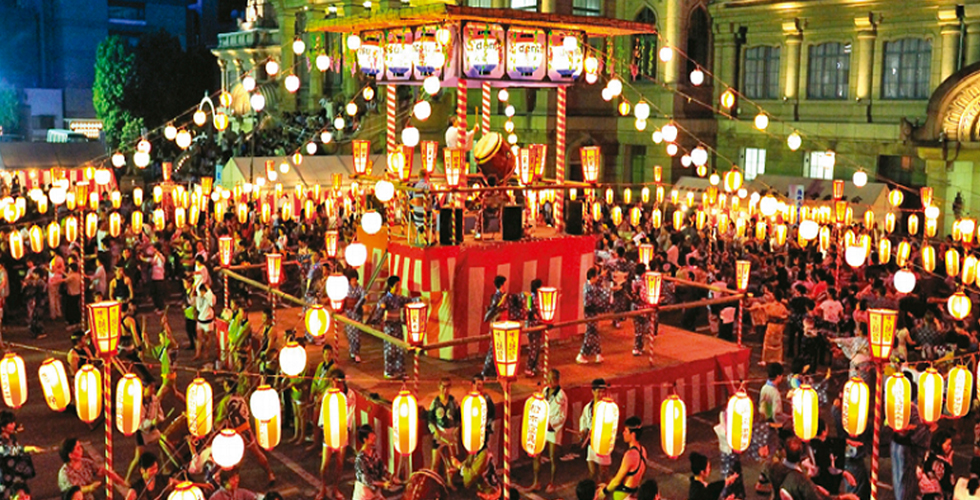
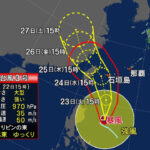
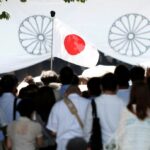



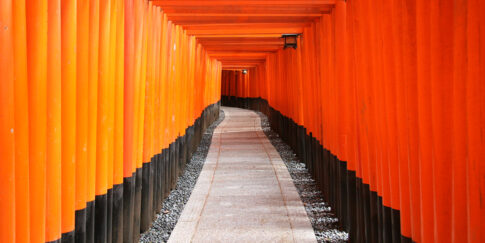

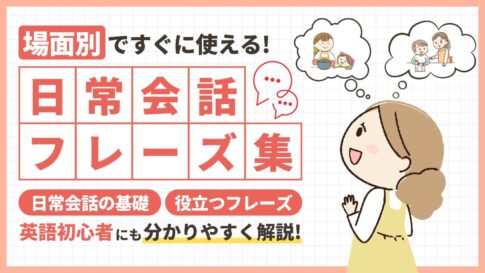
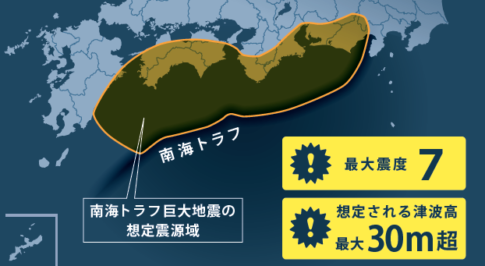





お盆について英語で説明してみよう